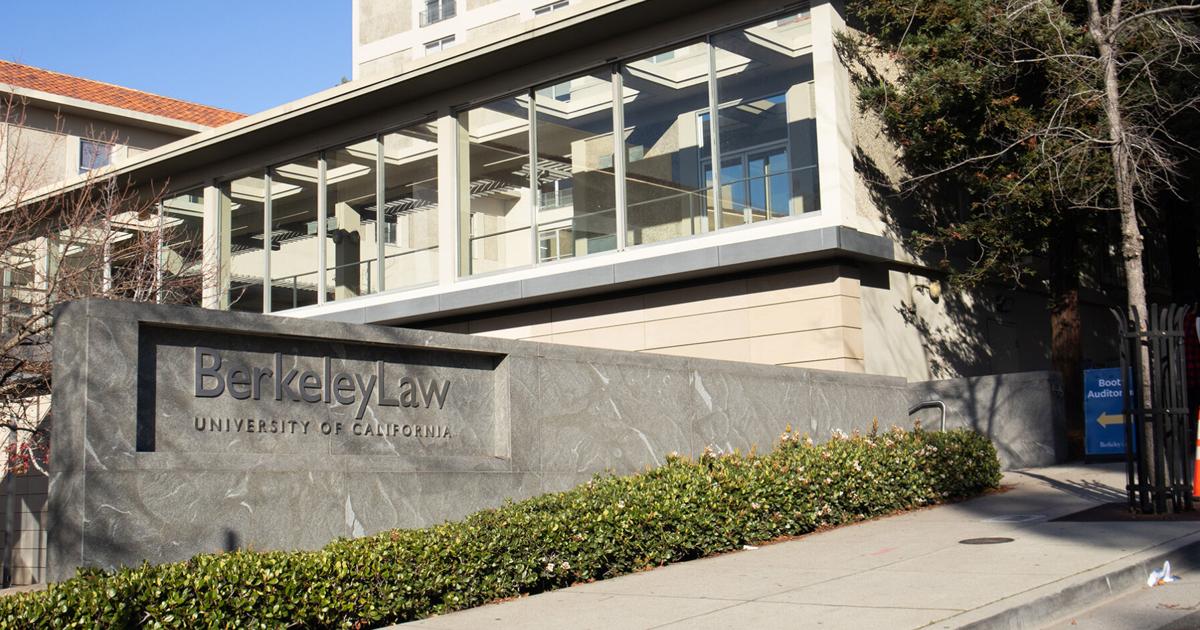
In a first-of-its-kind action, UC Berkeley researchers filed an independent lawsuit against President Donald Trump and several federal agencies Wednesday with the intent of challenging the administration’s cuts to federal research grants.
The suit, whose plaintiffs include five campus researchers and one at UCSF, seeks restoration of the cut funding for all UC researchers as well as an immediate halt to termination of research grants. Attorneys for the case include UC Berkeley School of Law Dean Erwin Chemerinsky and Environmental Law Clinic Director Claudia Polsky.
It is the first class-action lawsuit filed on behalf of university researchers, meaning the plaintiffs are asking to represent all University of California researchers who have had federal funding revoked, according to Polsky.
“It seemed like we were suffering catastrophic harm already — grants were suffering, people were not sure how they were going to meet payroll — and it seemed like someone should be running into court right away to vindicate their rights,” Polsky said. “When the scale became apparent, it seemed like someone should be going in to prevent this wholescale meltdown of the UC research funding stream. And when that didn’t happen, it was like, ‘OK, time to take action.’ ”
Polsky identified plaintiffs by sending emails to departmental listservs and placing index cards on professors’ chairs at meetings.She eventually narrowed the plaintiff group down to the current six, whom she ensured are not “vulnerable” to potential immigration or employment status changes.
Citing violations of the First Amendment, Fifth Amendment and the Administrative Procedure Act, the lawsuit targets a range of federal agencies, from the National Institutes of Health to the Institute of Museum and Library Services to the Department of Defense.
Polsky said “this is not a case where you throw everything at the wall and see what sticks,” adding that she believes it is “very easy” to prove the alleged illegality of the administration’s actions.
The overarching legal argument, according to Polsky, is that the executive branch has overreached by altering the decisions of federal agencies.
The suit also alleges researchers’ First Amendment rights to free expression were violated, as some grants were terminated because they did not align with the Trump administration’s political agenda.
One such case is that of Jedda Foreman, a plaintiff and director of the Center for Environmental Learning at campus’s Lawrence Hall of Science. She had three National Science Foundation grants terminated in April because they “no longer effectuated the agency’s priorities.”
Campus professor Christine Philliou, another plaintiff, received a letter in April saying her National Endowment for the Humanities grant had been terminated for similar reasons. Philliou’s project focused on the culture and history of Orthodox Greek populations in Ottoman Istanbul. She said she has “no idea” why the grant was cut, as the project had been on track to meet its goals.
“Does this mean that all researchers have to be afraid of elections now?” Philliou said. “Presumably, whoever comes in next can have different opinions about what research is valuable. Are we now going to be at the mercy of whatever the whims are of whoever happens to be in administration?”
Since their grant terminations Foreman and Philliou said they’ve been scrambling to salvage their projects, pay their researchers and minimize damage to outside partners.
Polsky said researchers are trying “every different variance that a creative mind might try” to seek outside funding as a stopgap, but solutions have been unsatisfactory.
Now that the lawsuit has been filed, the court will set a date to hear the motion for a temporary restraining order, or TRO. If granted, the TRO would halt cuts and restore terminated funding while the motion for class status would certify the case as a “class-action.” As a class, all UC researchers whose federal grants were terminated by the Trump administration could be represented in the suit.
This legal tactic has not yet been attempted in response to federal cuts.
“The Trump administration has a terrible record in these grant termination suits thus far, and judges appointed by all different presidents have been ruling against the Trump administration routinely, but we’ll have to wait and see what happens in our case,” Polsky said.



